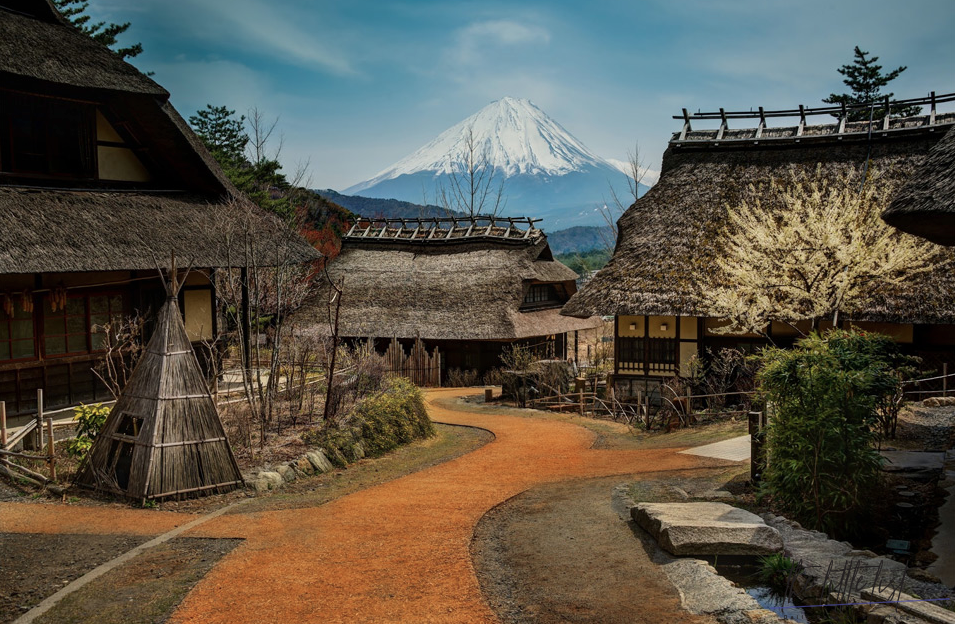Why are UK houses so small?
That, though, is what many British homes – especially modern ones – lack. We build the smallest new homes in Europe, significantly smaller than 100 years ago. … It’s because builders make more money that way – and, perhaps, because we are the only EU country not to have minimum-space standards for the homes we live in.
Also, Why can’t Millennials afford houses UK?
One of the biggest indicators of whether or not someone is able to buy a house is their parents’ property wealth. … The downturn of home ownership with younger people is down to a number of economic and social factors including a more complex job market, skyrocketing house prices and global financial instability.
What do Brits think of American homes?
Brits responding to the survey associated San Jose with big money, describing the typical home with phrases like “Big house, big pool,” “lots of pool parties,” “a luxury hi-tech mansion,” and “big gates, gated community.” They’re right that Silicon Valley, home to some of the world’s most lucrative tech firms, is an …
Why are UK houses so cold?
The problem of cold homes comes down to three interrelated parts: household income, the cost of fuel, and the energy-efficiency of the building. … This puts the UK at the top the rankings for the oldest building stock in Europe.
What is a typical British house like?
The most popular type of home in England is semi-detached (more than 27% of all homes), closely followed by detached then terraced. Almost half of London’s households are flats, maisonettes or apartments. A big problem in England is the rising cost of houses.
Why are people renting and not buying?
Many people rent instead of buying homes because of individual circumstances and generational trends. … Others may want the flexibility renting offers and the freedom to move on from a job or city without the burden of having to sell a home.
Will my generation ever be able to buy a house?
A survey conducted by Zillow that involved 100 economists revealed that Gen Z will be able to more easily afford homes in the next 15 years than their millennial counterparts. The study cites that the ongoing housing inventory crisis, that has made homes so expensive today, will solve itself in the next 15 years.
What percentage of the UK are homeowners?
During that timeframe, the home ownership rate oscillated between approximately 63 to 73 percent of the total population .
…
Home ownership rate in the United Kingdom (UK) from 2007 to 2018.
| Characteristic | Share of population |
|---|---|
| 2017* | 65% |
| 2016 | 63.4% |
| 2015 | 63.5% |
| 2014 | 64.4% |
• 5 jul. 2021
Why don t British houses have porches?
Homes tend not to have porches as you know them in the U.S., but a lot of houses have conservatories which are made up of windows in the back of the house. They catch the sun when it’s out and are a nice place to sit when it’s raining outside. The British would never sit out in the front of their house.
Why don t UK homes have basements?
Except for Britain, Australia and New Zealand, cellars are popular in most western countries. In the United Kingdom, almost all new homes built since the 1960s have no cellar or basement due to the extra cost of digging down further into the sub-soil and a requirement for much deeper foundations and waterproof tanking.
Are UK houses small?
Today, Britain’s houses have never been smaller. Our analysis of the first seven years of the decade is continued regression. The average living room is now 17.09m2. That’s a 1.64m2 drop in a decade.
Why are British houses so damp?
British houses are so damp due to a mixture of the nation having one of the oldest housing stocks in Europe and damaging building practices. Solid single skin brickwork, which makes up much of UK housing, is more prone to damp than double skin with cavity walls.
Why do the British call an apartment a flat?
In the United Kingdom, Australia and many other parts of the world, the word ‘flat’ is used to mean an apartment or a house. It is derived from the Scottish word ‘flet’ which means the interior of a house. In Old English, flet means house or floor. The word flat may also be linked to the “flatness” of the abode.
Why are there no basements in the UK?
Except for Britain, Australia and New Zealand, cellars are popular in most western countries. In the United Kingdom, almost all new homes built since the 1960s have no cellar or basement due to the extra cost of digging down further into the sub-soil and a requirement for much deeper foundations and waterproof tanking.
What are English houses called?
Woburn Abbey, Forde Abbey and many other mansions with abbey or priory in their name became private houses during this period. Other terms used in the names of houses to describe their origin or importance include palace, castle, court, hall, mansion, park, house, manor, and place.
What is a house called in Britain?
Whether you are British or American, the place where you live is your home, no matter what type of building it is. This is one case where Americans use the same term as the British.
…
| American | British |
|---|---|
| row house | terraced house |
Is it better to rent or buy a house UK?
Generally speaking, renting is better for more short term accommodation, while buying a house is a long term commitment. Therefore, if you only plan on staying in a certain area or property for a limited period of time (i.e. up to a year), then it makes more sense to rent.
Is it cheaper to own a house or rent?
Buying is cheaper than renting. And renting is cheaper than buying. It really all depends on how long you stay in the property and how you look at it. … Renting – It’s suggested that landlords charge between 0.8% and 1.1% of a home’s value for rent each month.
Is renting wasting money?
Renting is not a waste of money. Sure, giving your money to the landlord may mean you’re not investing in homeownership. … And as long as you’re paying to live, your money is being well spent. Though renting as a way of life is not something we recommend, there are a few situations in which renting is the better option.
Why can’t millennials buy houses?
Millennials are not buying homes as readily as the previous generation. … The burden of student debt is preventing many young people from saving up for a down payment and buying a new home difficult as the affordability gap widens.
Why can’t millennials buy homes?
Due to the effects of the Great Recession and rising student debt, millennials have been slower to buy their first homes than older generations. Many choose to move back in with their parents and tend to stay longer than ever before.
Can a millennial afford house?
Nearly 70% of millennials, according to a 2019 study from the rental platform Apartment List, say they cannot afford a house due to rising prices, and a recent study by the Federal Reserve Bank of St.
Who owns most houses in UK?
This is illustrated by the fact that there were over 750,000 property millionaires in Britain as of the start of 2018.
…
UK LAND OWNERSHIP LEADERBOARD.
| # | Land Owner | Acres |
|---|---|---|
| 1 | FORESTRY COMMISSION | 2,200,000 |
| 2 | MINISTRY OF DEFENCE | 1,101,851 |
| 3 | CROWN ESTATE | 678,420 |
| 4 | NATIONAL TRUST & NATIONAL TRUST FOR SCOTLAND | 589,748 |
• 22 mei 2020
Why is renting so expensive in UK?
With landlords snapping up extra homes, there are less available for people to buy. Both these trends have forced many to rent instead. This in turn means there’s greater demand for rental homes, which leads to a more competitive market, which leads to higher rents.
What is the average age to buy a house in the UK?
Across the whole country, people are now aged 33.1 years on average before they can afford to put down roots in a home of their own. In London, the number is even higher, with the average age being 35.




